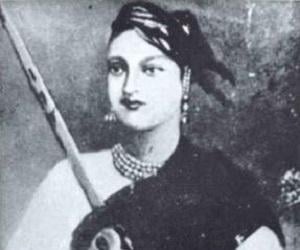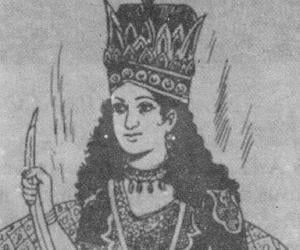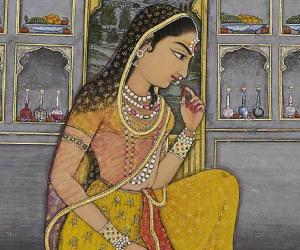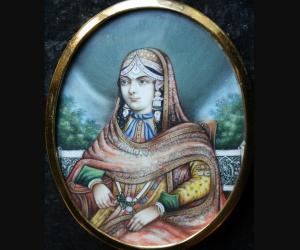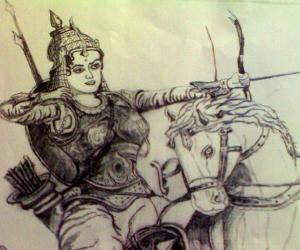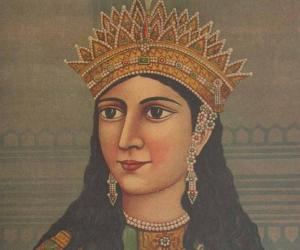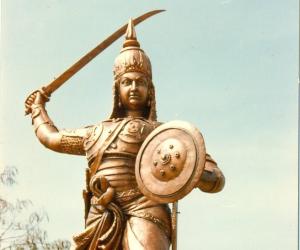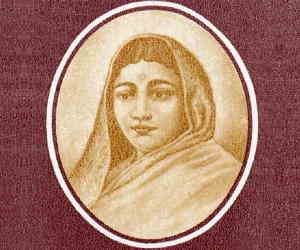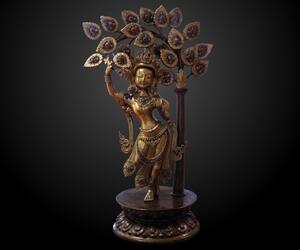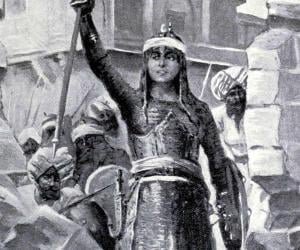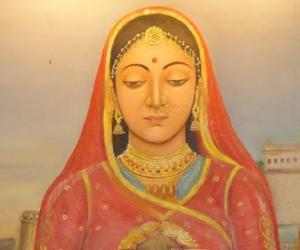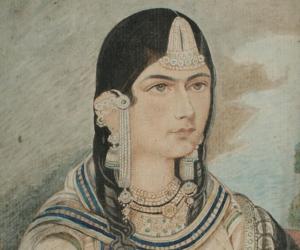1
Rani Lakshmibai
(Queen of the Princely State of Jhansi & One of the Leading Figures of the Indian Rebellion of 1857)
Birthdate: November 19, 1828
Sun Sign: Scorpio
Birthplace: Varanasi, Uttar Pradesh, India
Died: June 18, 1858
Rani Lakshmibai of Jhansi was a prominent figure in the Indian Rebellion of 1857, known for her unwavering resistance against British rule. After the death of her husband, Maharaja Gangadhar Rao, she refused to cede control of Jhansi to the British East India Company. Leading the defense of Jhansi against British forces, she later joined the rebellion and played a key role in capturing Gwalior. Her fearless leadership and determination made her a national hero and symbol of Indian resistance to colonialism.
